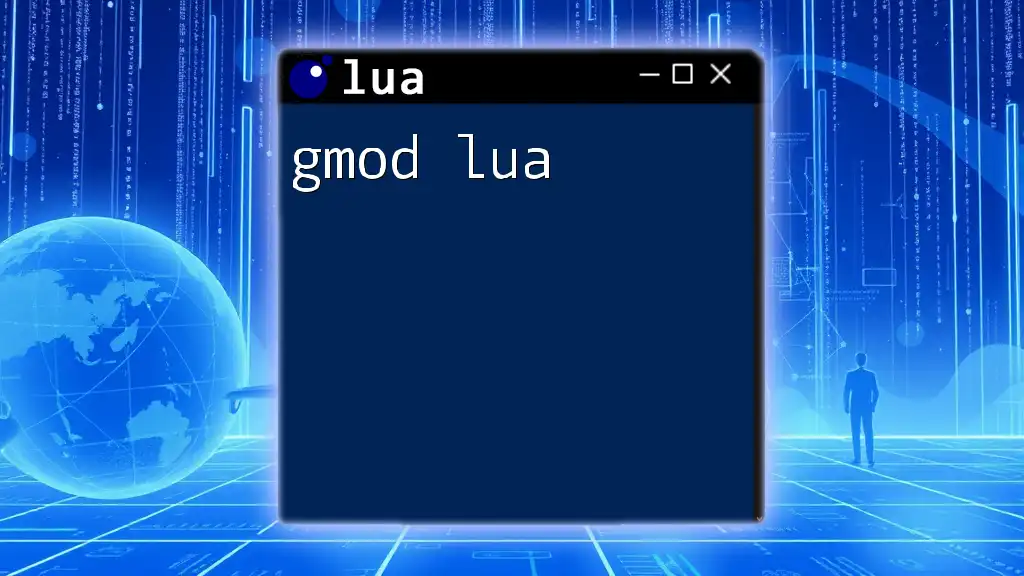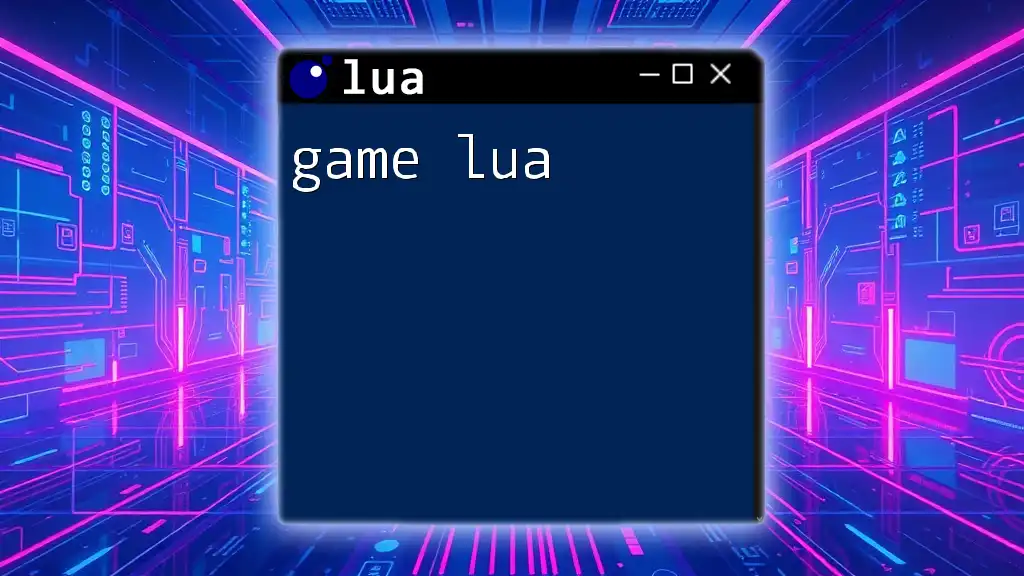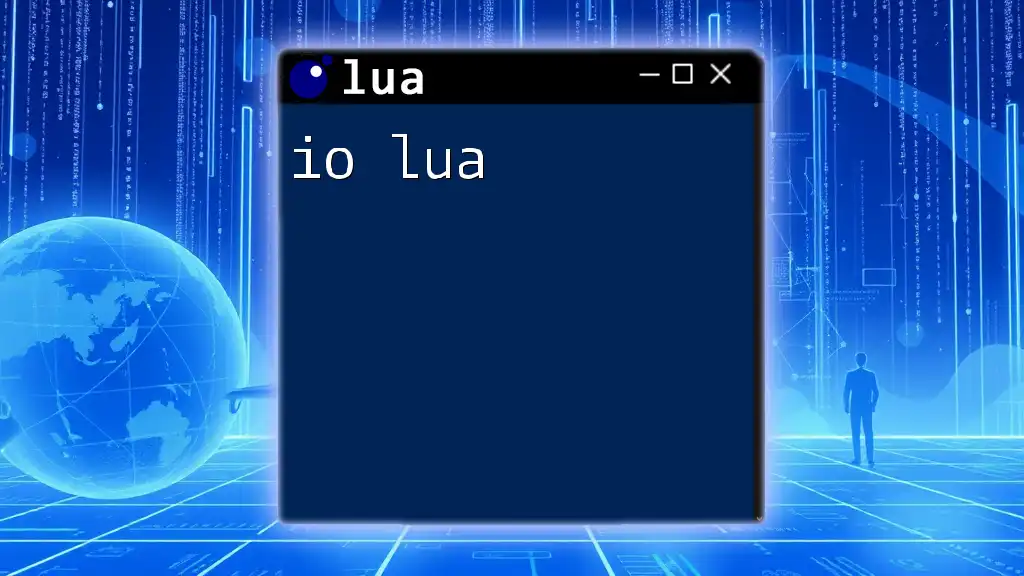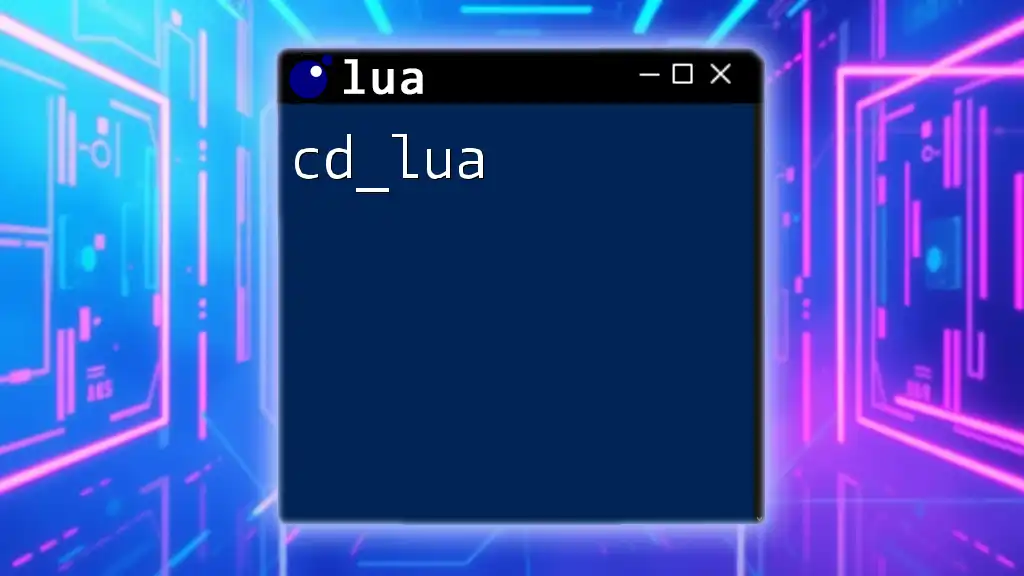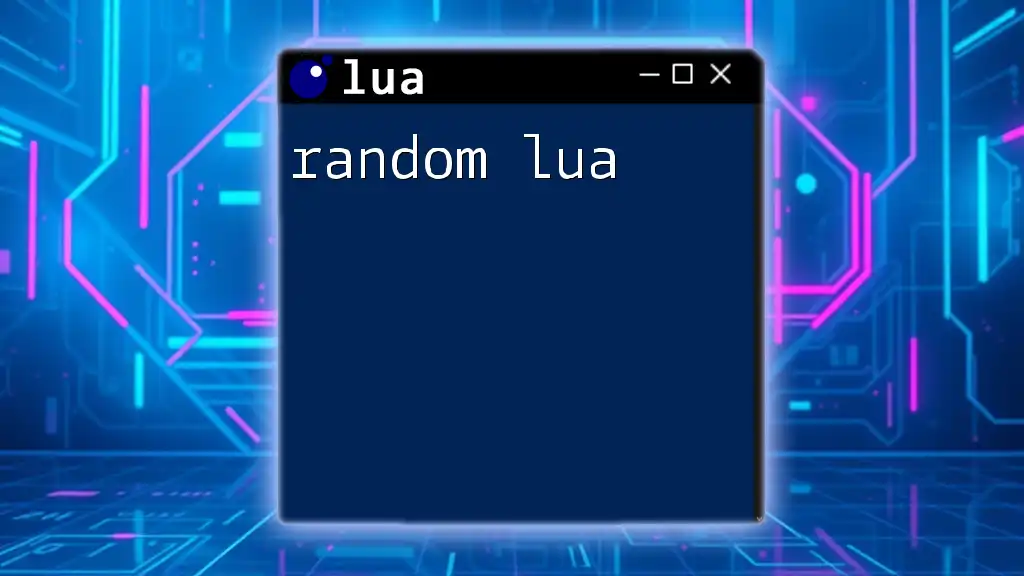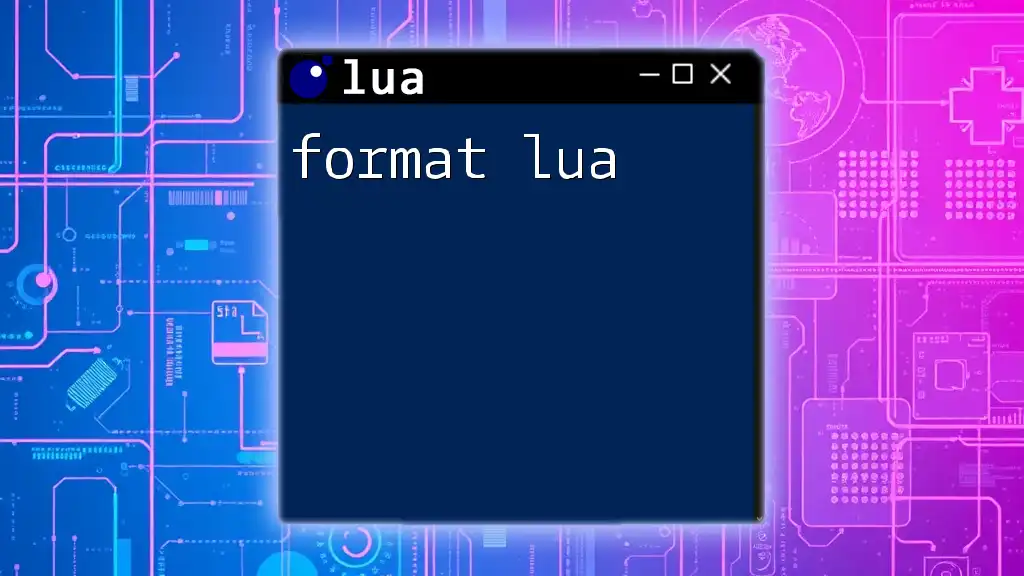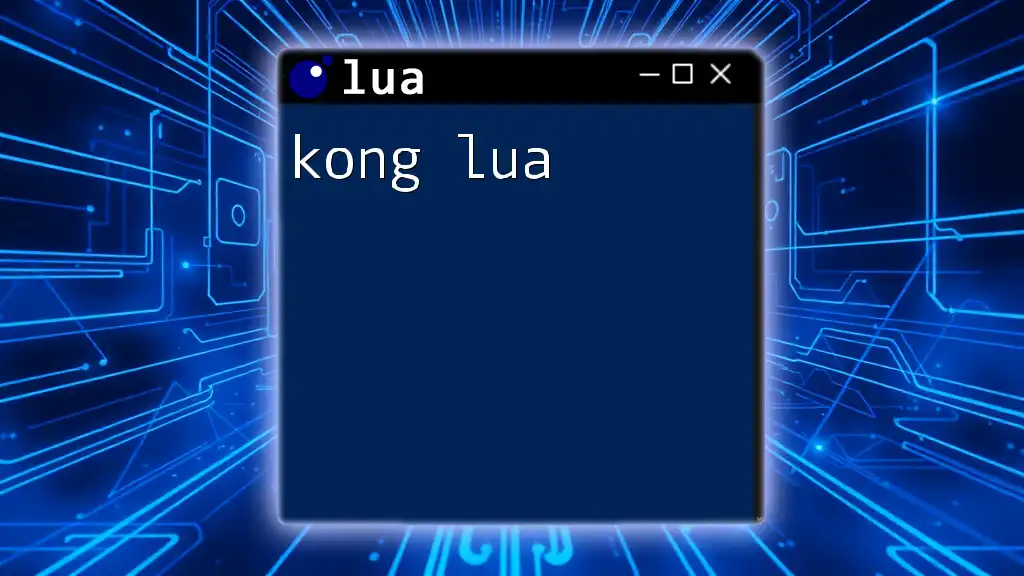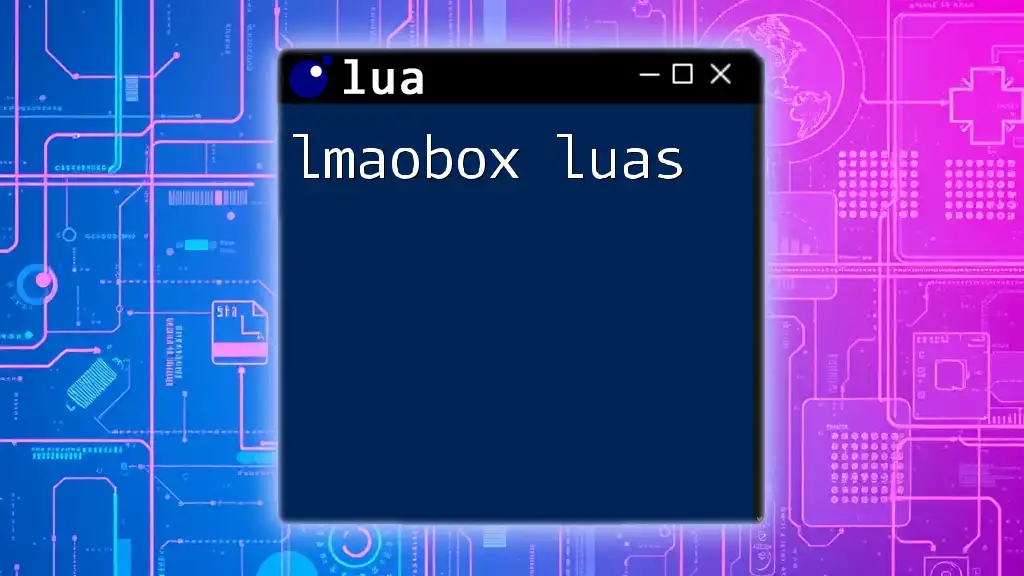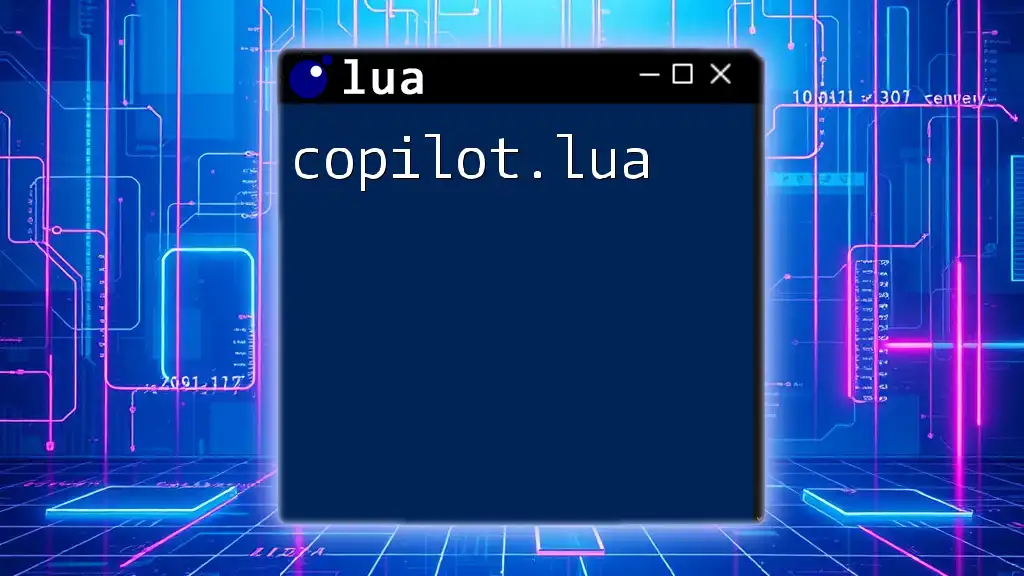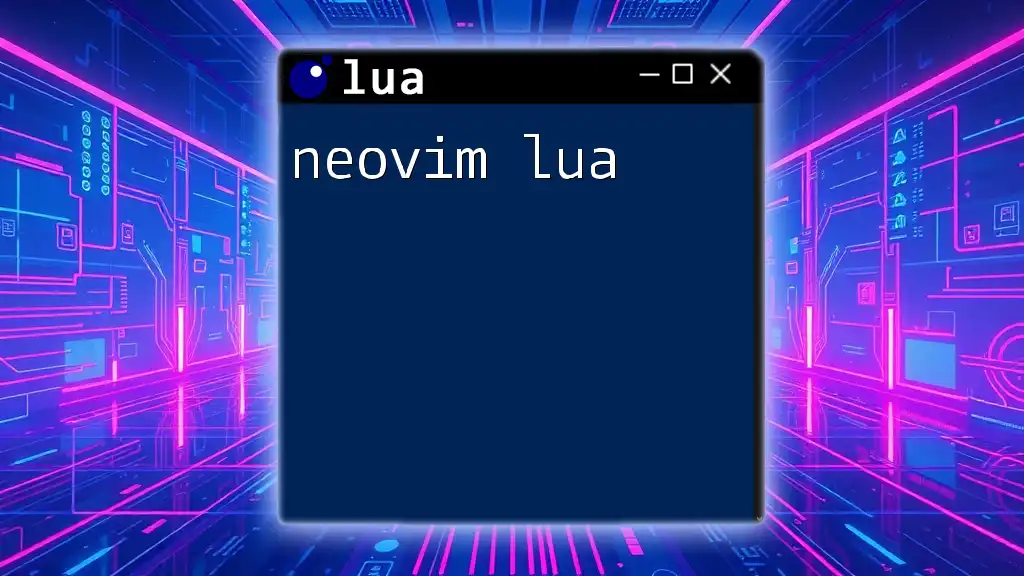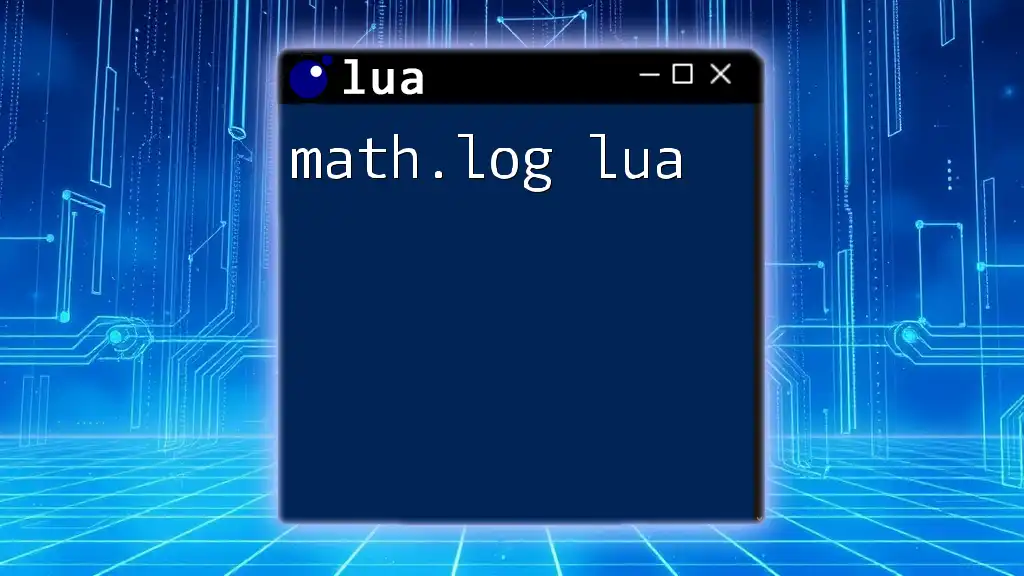GMod Lua refers to the Lua scripting language used for creating custom game modes, add-ons, and functionalities in Garry's Mod, allowing users to manipulate game elements easily.
Here’s a simple example of a Lua command that spawns a prop in the game:
-- This script spawns a crate prop at the player's position
local player = LocalPlayer()
local prop = "models/props_c17/oildrum001.mdl"
local crate = ents.Create("prop_physics")
crate:SetModel(prop)
crate:SetPos(player:GetPos() + Vector(0, 0, 10)) -- slight elevation
crate:Spawn()
Setting Up Your GMod Lua Environment
Installing Garry's Mod
To start scripting with GMod Lua, you first need to have Garry's Mod installed on your machine. Here’s a brief overview of the installation process:
- Open Steam and search for Garry's Mod.
- Click on "Install Game" to download it to your library.
- Once installed, launch GMod, and you're ready to introduce yourself to the world of Lua scripting.
Setting Up Lua Script Editor
Choosing the right text editor can enhance your Lua coding experience. Popular text editors like Visual Studio Code and Notepad++ come with Lua-specific plugins that offer syntax highlighting and debugging tools. Here are some recommendations:
- Visual Studio Code: Install the Lua Language Server extension for intelligent code suggestions.
- Notepad++: Enable Lua language support via the Language menu.
Make sure to configure your editor to ensure it recognizes Lua file extensions (.lua) for an optimal coding experience.
Accessing GMod’s Lua Execution Environment
Garry’s Mod provides an in-game console that allows you to execute Lua commands. To access it:
- Open GMod and press the `~` key (tilde) to bring up the console.
- You can type in Lua commands directly here to test and debug your scripts.
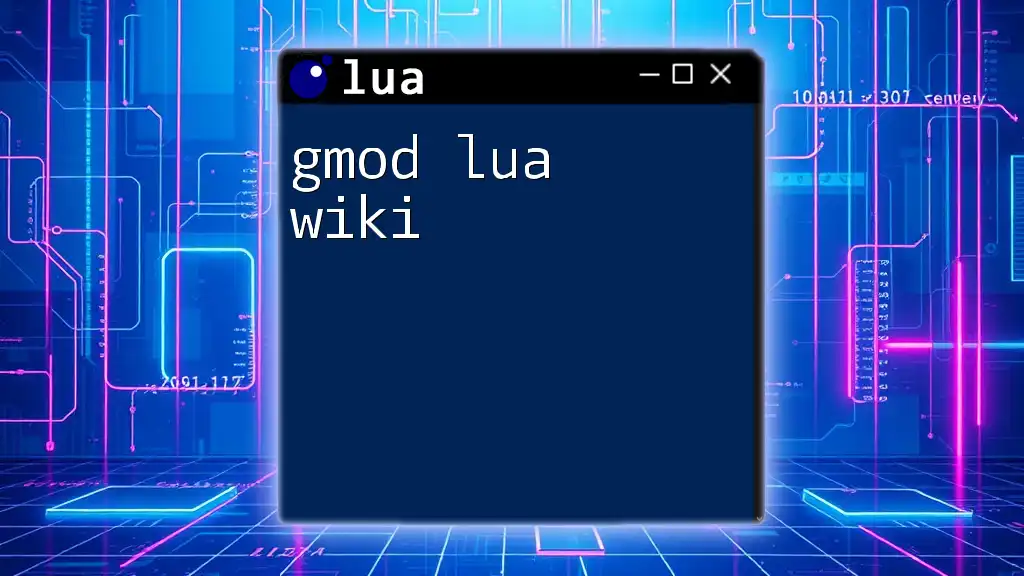
Understanding Lua Basics in GMod
Lua Syntax and Structure
Before diving deep into gmod lua, it's crucial to understand Lua's basic syntax. Here are a few key elements:
-
Variables: Create variables using simple assignments.
myVar = "Hello, GMod Lua!" -
Functions: Defined using the `function` keyword. Here's a simple function:
function greet() print(myVar) end -
Control Structures: Utilize `if statements` and loops to control the flow of your script.
if myVar == "Hello, GMod Lua!" then print("Greeting matched!") end
Data Types in Lua
Understanding the fundamental data types in Lua is critical for effective scripting:
-
Number: Represents numerical values.
local score = 100 -
String: Used for text data.
local characterName = "Player1" -
Table: A versatile data structure that can hold collections of values.
local playerStats = {health = 100, armor = 50} -
Boolean: Represents truth values, either `true` or `false`.
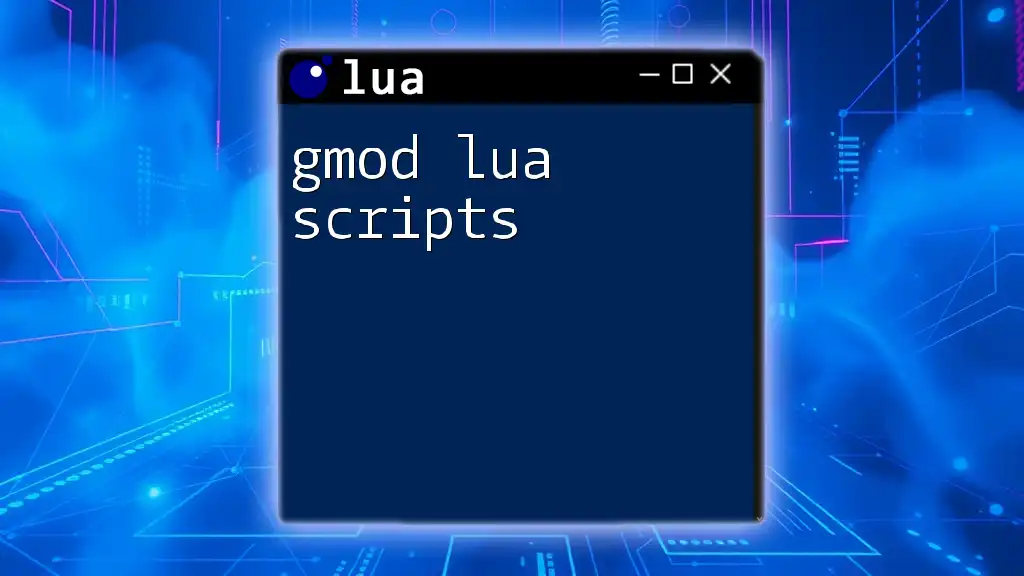
Common Lua Commands in GMod
Creating Your First GMod Lua Script
Let's put everything you've learned into practice. Here’s a basic template to create a script:
hook.Add("OnGamemodeLoaded", "HelloGModLua", function()
print("Welcome to GMod Lua!")
end)
When this script runs, it prints a message to the console when the game mode is loaded.
Utilizing Hooks and Events
Hooks are essential for reacting to game events. For example, you can create a hook that triggers every time a player spawns:
hook.Add("PlayerSpawn", "PlayerSpawnedHook", function(player)
print(player:GetName() .. " has spawned!")
end)
Here, when a player spawns, the script will print the player’s name to the console.
Manipulating Entities
Creating and manipulating entities in GMod is easy with Lua. Here’s an example of how to spawn a prop:
local function spawnProp()
local prop = ents.Create("prop_physics")
prop:SetModel("models/props_c17/oildrum001.mdl")
prop:SetPos(Vector(0, 0, 100))
prop:Spawn()
end
hook.Add("Think", "SpawnPropExample", spawnProp)
This script spawns an oil drum prop at a specific location every time the game thinks.
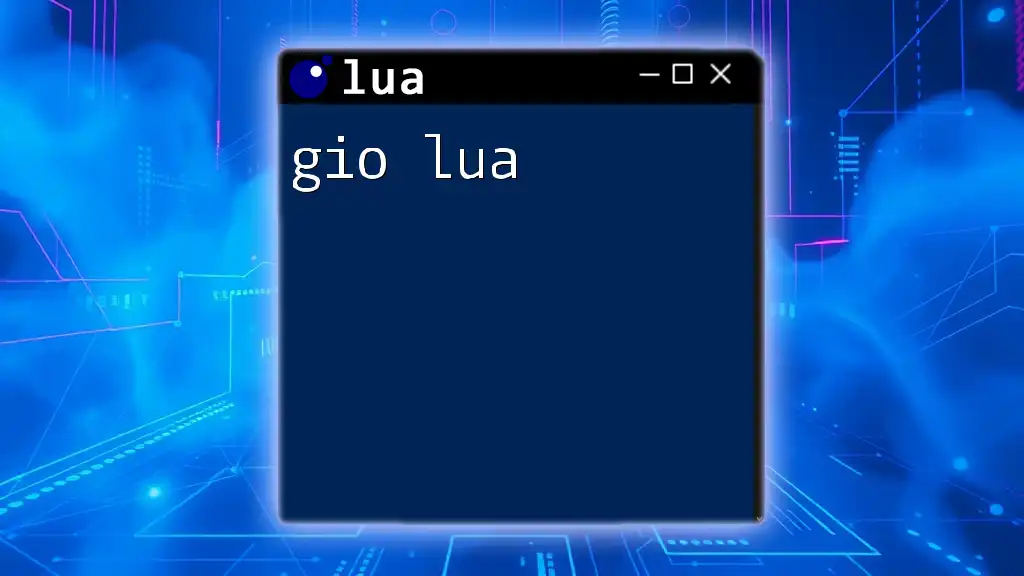
Advanced Lua Concepts in GMod
Tables in Lua
Tables are core to Lua programming. They serve as arrays, dictionaries, and more. Here's how to create and access a table:
local inventory = {
"Health Kit",
"Ammo Pack",
"Grenade"
}
print(inventory[1]) -- Outputs: Health Kit
Using tables effectively allows for organized data management in your scripts.
Creating Custom Functions
Custom functions improve code reusability. Here's an example with parameters:
function sendMessage(player, message)
player:ChatPrint(message)
end
hook.Add("PlayerSay", "ChatMessageHook", function(player, text)
sendMessage(player, "You said: " .. text)
end)
In this script, a player will receive a feedback message whenever they chat.
Using Libraries and Modules
GMod provides various libraries for specific tasks. You can access them by loading them at the start of your script:
require("math") -- Example of requiring a built-in Lua library
local result = math.sqrt(16) -- Uses the math library
print(result) -- Outputs: 4
These libraries enhance your scripting capabilities and make complex tasks easier.
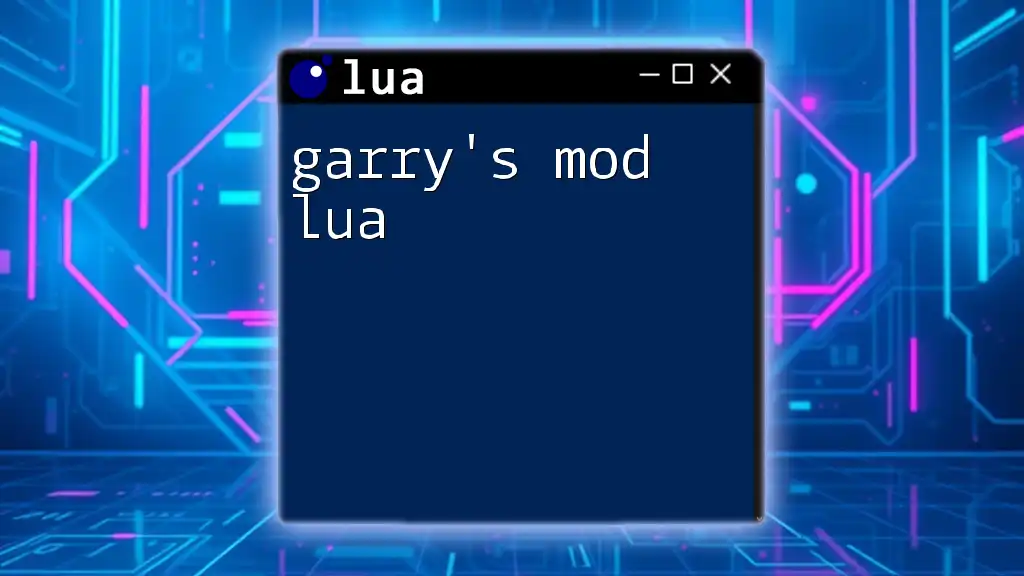
Debugging Your GMod Lua Scripts
Common Errors and Troubleshooting
Errors can occur for various reasons in Lua scripting, from syntax errors to runtime exceptions. Familiarizing yourself with common error messages can help you troubleshoot effectively. Some typical messages include:
- `attempt to index a nil value` usually means you've tried to access a variable that hasn't been initialized.
Using Print Statements for Debugging
One of the simplest debugging techniques is using print statements. Here’s how you can enhance your scripts:
function testFunction(value)
print("Value received: " .. value)
end
testFunction("Hello World") -- Output: Value received: Hello World
By strategically placing print statements, you can trace the flow of your script and identify where things go wrong.
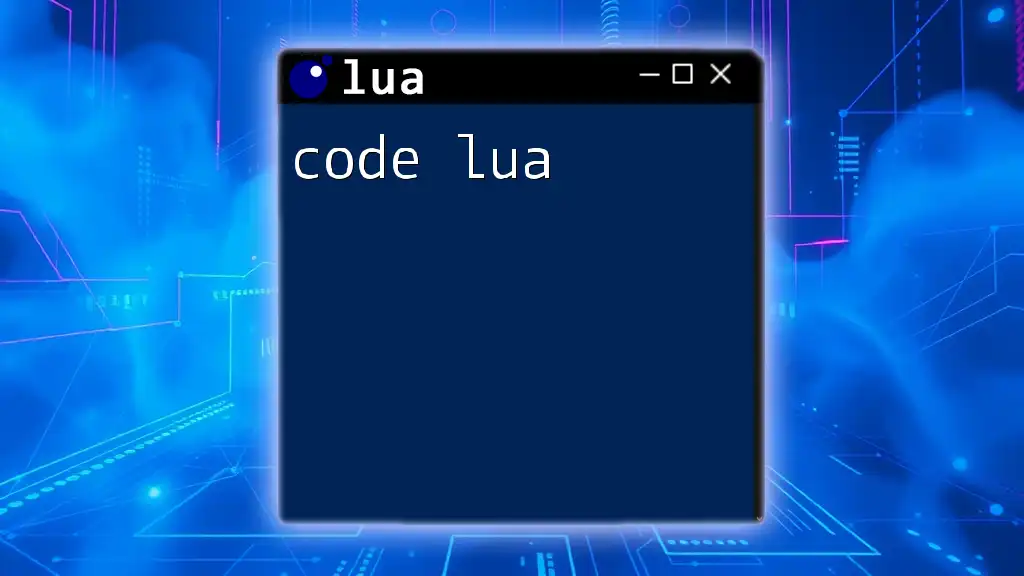
Resources and Further Learning
Official Documentation
The GMod Lua API documentation is an invaluable resource. You can find comprehensive guides and references to understand specific functions better. Familiarize yourself with the layout to quickly locate the information required for your tasks.
Online Communities and Forums
Join online forums like Facepunch or the GMod subreddit to connect with other developers. Engaging in these communities can provide support, inspiration, and feedback on your projects.
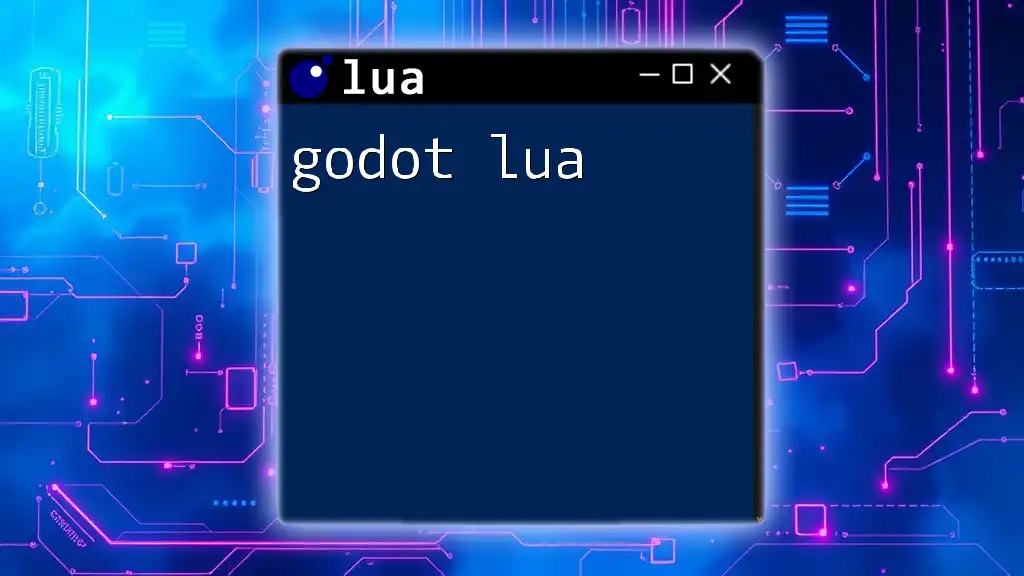
Conclusion
Recap of Key Principles
Through this guide, you have discovered the core elements of gmod lua scripting. From basic syntax and data types to creating custom functions and manipulating entities, you're now equipped to bring your ideas to life within Garry’s Mod.
Next Steps for Aspiring Lua Programmers
As you continue your journey in Lua programming, try to tackle small projects or challenges that push your boundaries. The more you practice, the more proficient you will become. Don't hesitate to join our community for support and to share your achievements!

